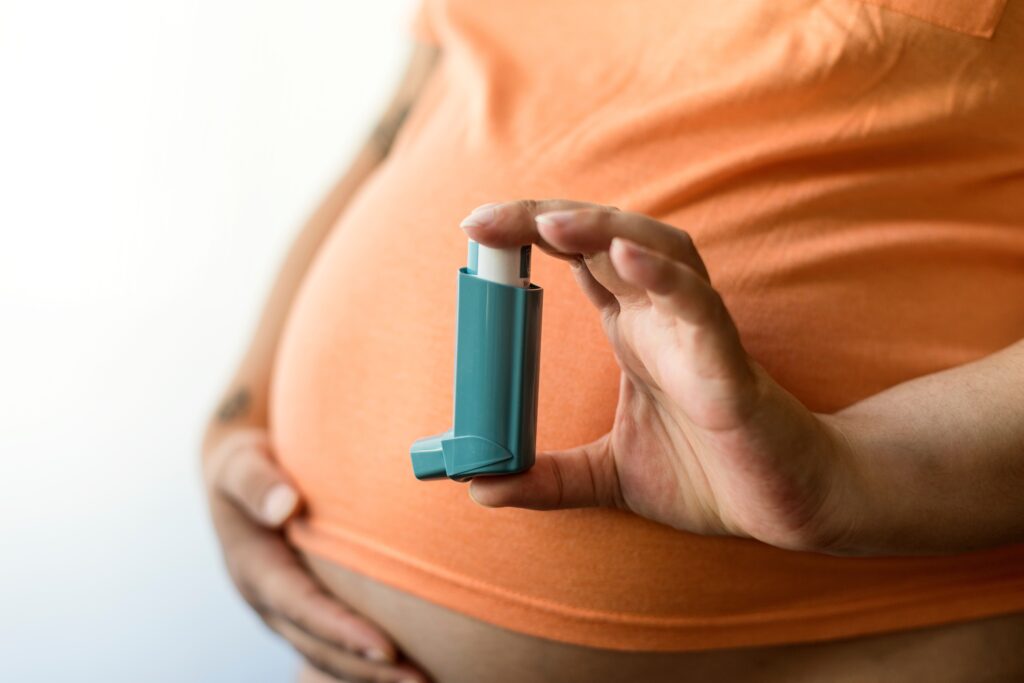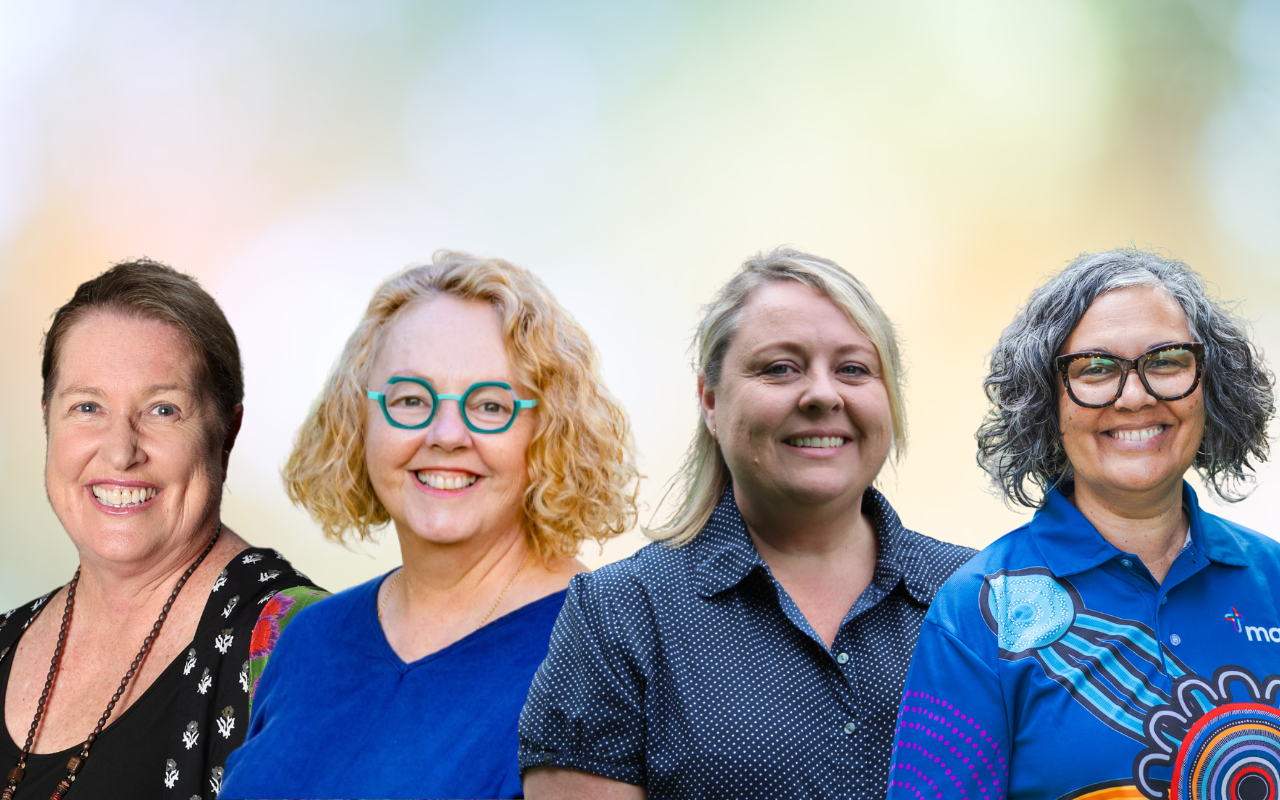Culturally responsive management of asthma during pregnancy in Aboriginal and Torres Strait Islander women needs some serious attention if we are to improve birth outcomes.
Asthma is the most common respiratory illness in Aboriginal and Torres Strait Islander Australians (hereafter respectfully Indigenous Australians). Indigenous Australians are twice as likely to be hospitalised for asthma, and three times as likely to lose their life to asthma as non-Indigenous Australians. Most concerning is that asthma is a highly prevalent chronic medical condition that negatively impacts pregnancy for all women, with adverse outcomes that can include fetal growth restriction, preterm delivery and stillbirth. However, these adverse events are likely preventable with effective antenatal asthma management.
Using conservative estimates based on the numbers of babies born each year in Australia, and the prevalence of asthma in all pregnant women, we can attribute maternal asthma to absolute increases of > 1200 preterm births, > 2800 neonatal hospitalisations and > 1100 cases of low birth weight each year. It is estimated that one preventable preterm birth occurs every 7 hours due to maternal asthma.
Uncontrolled asthma contributes significantly towards adverse perinatal outcomes for all women, making it an ideal target for improving clinical approaches during pregnancy. Fifty percent of women with asthma will experience uncontrolled asthma during pregnancy and 20% will have a moderate to severe asthma exacerbation. This is particularly true for Indigenous Australian women, who are more likely to have asthma during pregnancy and more likely to have adverse pregnancy outcomes.

Using the Mater Mothers Perinatal Dataset, we have found that asthma is the most common respiratory illness to affect Indigenous pregnant women. We have identified that 24% of Indigenous and 17% of non-Indigenous Australian women have pregnancies complicated by asthma and this resulted in adverse birth outcomes for many women. Tragically, complications of asthma during pregnancy have doubled the prevalence of neonatal death for Indigenous women. We know that with appropriate asthma control, these outcomes are likely preventable for all women with asthma. Our previous research has identified that asthma education and management in pregnancy improves maternal asthma outcomes and outcomes for the baby, including a reduced risk of preterm delivery and neonatal intensive care admissions.
We recommend that culturally specific asthma management with pregnant Indigenous women should be at the forefront of antenatal care strategies by clinicians. Our team has asked Indigenous communities across Queensland about their important needs during the perinatal period and heard from over 400 representatives from Far North QLD, Townsville region, Central QLD, and the Darling Downs. Indigenous communities have identified that culturally responsive holistic care during pregnancy is an important priority and that respiratory disease is of concern in many regions.
Currently asthma is not a major focus of pregnancy care for any women, including Indigenous women. We propose a culturally responsive model of care that combines respiratory and antenatal care with culturally responsive education and management approaches that will prevent adverse pregnancy outcomes for Indigenous women and provide women with the lifelong skill for managing asthma. Our current research at Mater Mothers in Brisbane has partnered Aboriginal health workers with respiratory nurses to provide culturally specific asthma education and management skills during pregnancy. They work alongside Indigenous women to monitor and adjust medication requirements as required and guided by an Asthma Action Plan during pregnancy. We are guided by the experience of the women who participate in the clinic to improve the service, and we are using their voices for the development and improvement of the service as we proceed.
To date, we believe our approach is of significant benefit with a recent participant sharing: “The medical advice and medication that the respiratory nurse prescribed as well as the additional information about my asthma has really helped and improved my symptoms”.
Across the term of this project, we will determine whether this culturally responsive approach for managing asthma during pregnancy and improving pregnancy outcomes is meeting community needs. This is not a novel approach; however, it is unique for pregnancy care. To date, the Indigenous Respiratory Outreach Centres (IROC) funded by Queensland Health have demonstrated that a multidisciplinary team approach can improve respiratory-related outcomes with Indigenous communities. The IROC teams include a respiratory nurse, Aboriginal health worker and respiratory physician and have been successfully providing care and education for respiratory disease to remote QLD communities for adult and paediatric populations. However, these do not deliver care to asthmatic Indigenous women during pregnancy.
Data identified from our routinely collected perinatal data highlight that maternity services nationally should be extended to provide culturally responsive support for pregnant Indigenous women with asthma.
The statements or opinions expressed in this article reflect the views of the authors and do not necessarily represent the official policy of the AMA, the MJA or InSight+ unless so stated.
Subscribe to the free InSight+ weekly newsletter here. It is available to all readers, not just registered medical practitioners.
If you would like to submit an article for consideration, send a Word version to mjainsight-editor@ampco.com.au.

 more_vert
more_vert